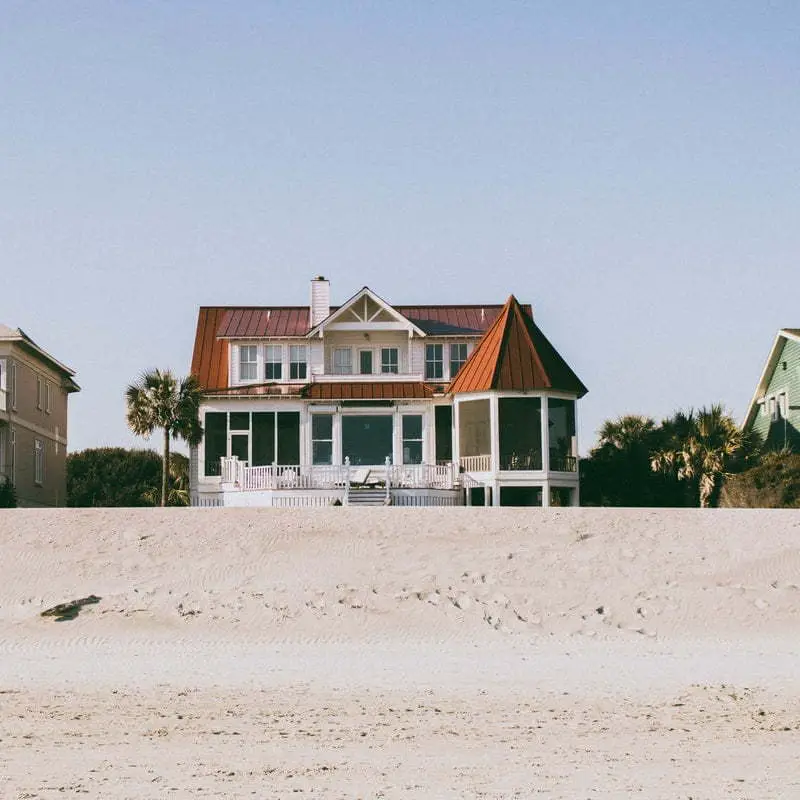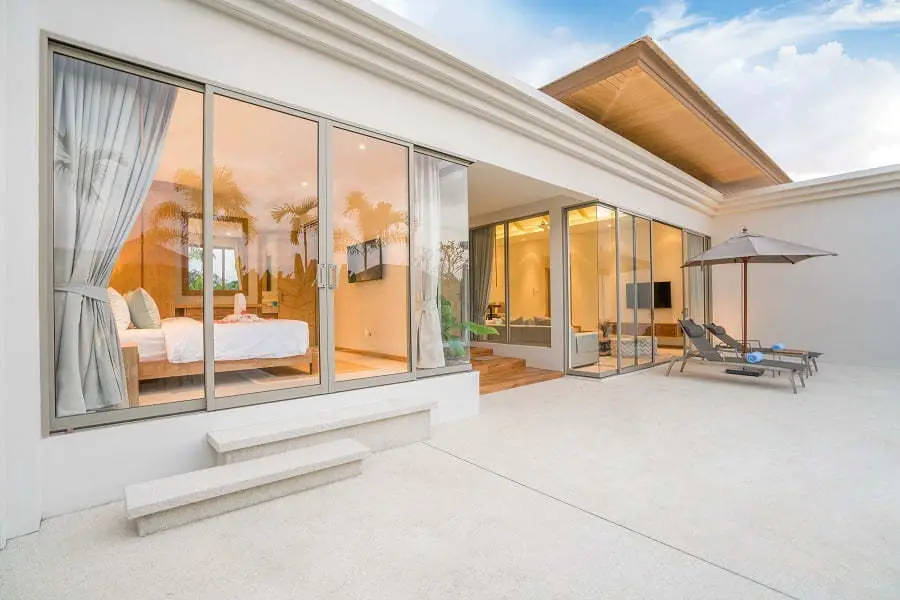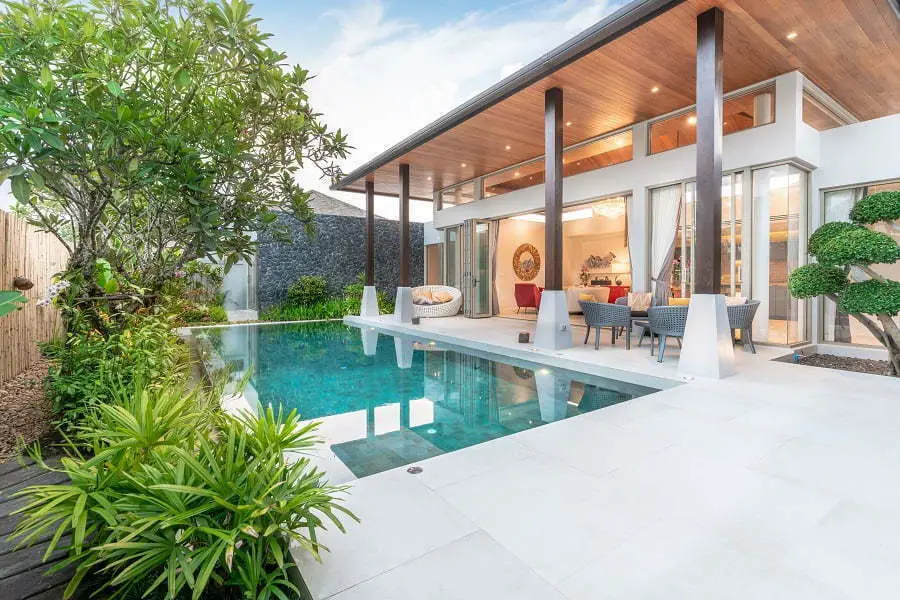Last updated on
Looking to invest in a vacation home? Is it worth it? Let’s weigh all pros and cons to make the right decision. Read on!
The decision to buy a vacation home is a big one. It can be an expensive purchase, and it can take up a lot of your time. But if you’re looking for the perfect place to escape from the daily grind, then it might be worth it.
Owning a vacation home can be a great investment, but it’s important to understand that it’s not as simple as plunking down some cash and letting the profits roll in.
First, buying a vacation home is a major purchase that requires a lot of research. That means examining the local real estate market to determine how much you can afford, and then making sure the property you want fits your lifestyle and budget.
So, before you buy, make sure you do the research to see if a vacation home is the right investment for you.
Before Buying a Vacation Home

Certain real estate investments are wise because they tend to offer a higher return on one’s investment and are considered more stable than private equities. Investing in something that gives long-term stability can be excellent for your new financial future. There are some factors that you should pursue before buying an investment property in a specific vacation location.
Vacation homes can be an investment or a mere retreat to the home. Buyers must consider many things before choosing to buy a place. Let’s discuss more practical issues like financing and property management for vacation homes.
Why Buy a Vacation Home?

When buying a vacation home, it’s important to understand your different options while remembering the benefits and drawbacks. Here are the reasons why you should buy a vacation home.
According to the experts from sakara villas tempe az, you can save money in the long run, build wealth if your home is mainly for yourself, and enjoy times of relaxation.
For popular destinations, you may be able to get tax breaks.
Another one of the benefits is building and creating wealth.
Why You Shouldn’t Buy a Vacation Home

Owning a vacation home has its drawbacks. These include inflation and interest rate increases, maintenance costs, and possible zoning changes. Whether it is right for an individual depends on some factors such as how much spare money the owner has and the distance they are willing to travel to their vacation house.
Some drawbacks of buying a vacation home are that they are expensive depending on the destination. Vacation homes also require more maintenance than a primary home and the property taxes, insurance, utilities, and other expenses can get expensive for two homes.
You will also lose money quickly if you resell your home in a quick time without the value. Other drawbacks to buying a vacation home are the investment aspect or illiquid assets of having it.
Tax Breaks with a Vacation Home

Possible deductions depend on how much of the home you rent out.
The key test is if someone lives in the home at least two weeks (14 days) out of the year or 10% of days rented. If they do, the property can be treated as a vacation home instead of an investment property. The person will need to satisfy the condition that results in the higher number.
According to the Mortgage Guys, the government allows taxpayers to deduct the interest on up to $1 Mills of qualified mortgage debt. These qualified mortgages include the interest a person pays on their principal home, second home, or vacation homes mortgage. Under pre-existing law, there was a higher limit, or Americans could deduct an amount equal to 100% of their income and certain home equity debt from improving the property.
There is also a tax break that you don’t reap on a vacation home. When you sell the ownership say of your primary residence house, you can exclude up to $250,000 in capital gains from your taxes. If, for example, you paid $400,000 for your primary home and sell it for $500,000 and find yourself paying no tax accruing from sales minus the capital gains of the property.
Renting Your Vacation Home

The short answer to this question is yes.
The IRS defines a vacation home as a secondary residence if the owner rents it out for at least 14 days per year, or 10% of the days they rent it out. The investment property status can be applied to a vacation home regardless of whether it was primarily intended for investment purposes.
Can you use the mortgage interest or property tax deductions if your vacation home is an investment property? Yes, but it may be more expensive to finance. Also, remember that it won’t help for use on taxable rental income.
Recap




